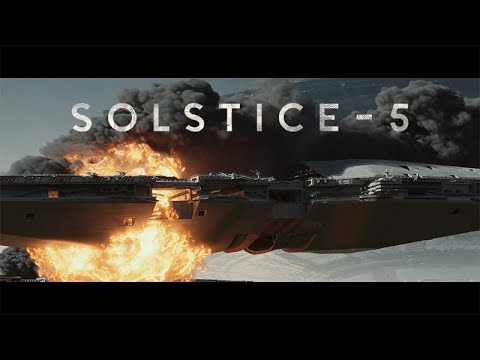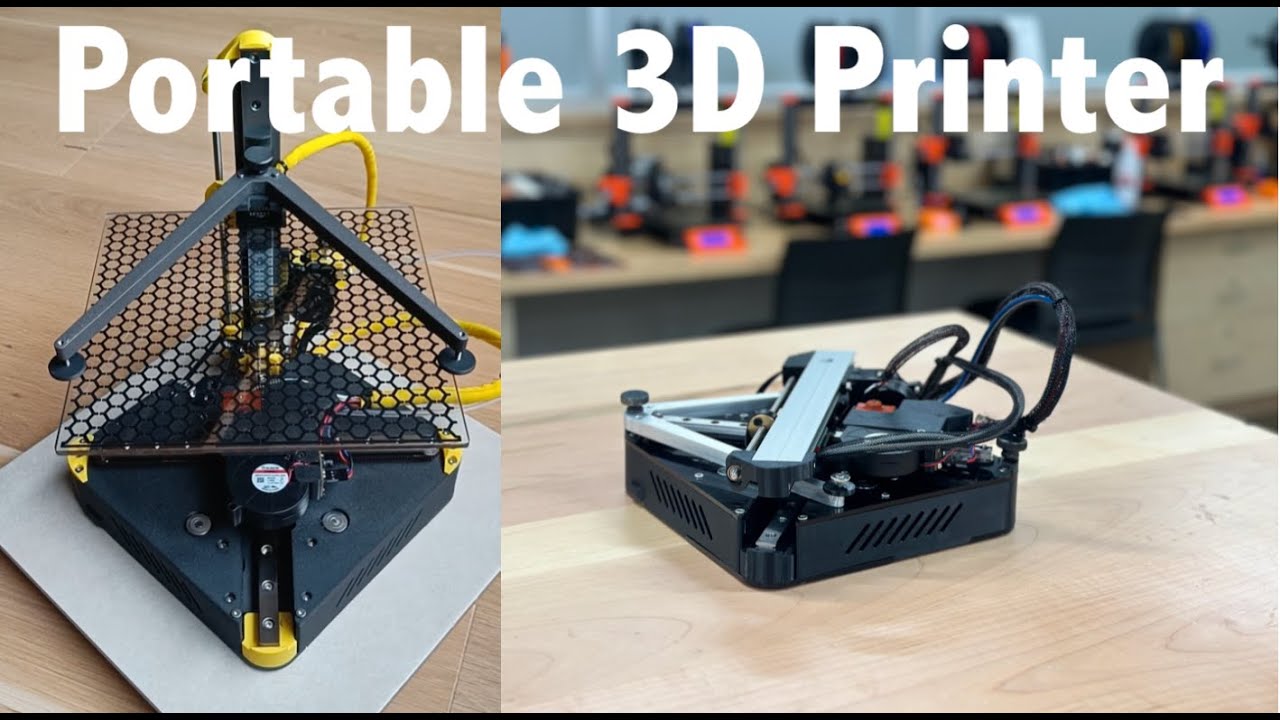They're the only planes that can carry the biggest bunker buster massive ordinance penetrator.
- JumpRemoved Deleted
I love AI. Do you?
- JumpRemoved Deleted
I love AI. Do you?
- JumpRemoved Deleted
I love AI. Do you?
- JumpRemoved Deleted
I love AI. Do you?
- JumpRemoved Deleted
I love AI. Do you?
Today I Learned @lemmy.world TIL about this picture of horseshoe curve taken at midnight with 6500 flashbulbs
NonCredibleDefense @sh.itjust.works Triangles are all the rage!
Videos @lemmy.world Mechanical Hand Testing
Today I Learned @lemmy.world TIL computers can sometimes grow crystals
Videos @lemmy.world Solstice - 5
3DPrinting @lemmy.world POSITRON JourneyMaker, upside Down Portable 3D Printer
Today I Learned @lemmy.world TIL Bologna in Italy had dozens of towers built in the middle ages
Today I learned @lemmy.ml TIL The first black hole visualization was rendered by hand from punch card computer results in 1979


They did some testing with it, but I don't think it is fully qualified.